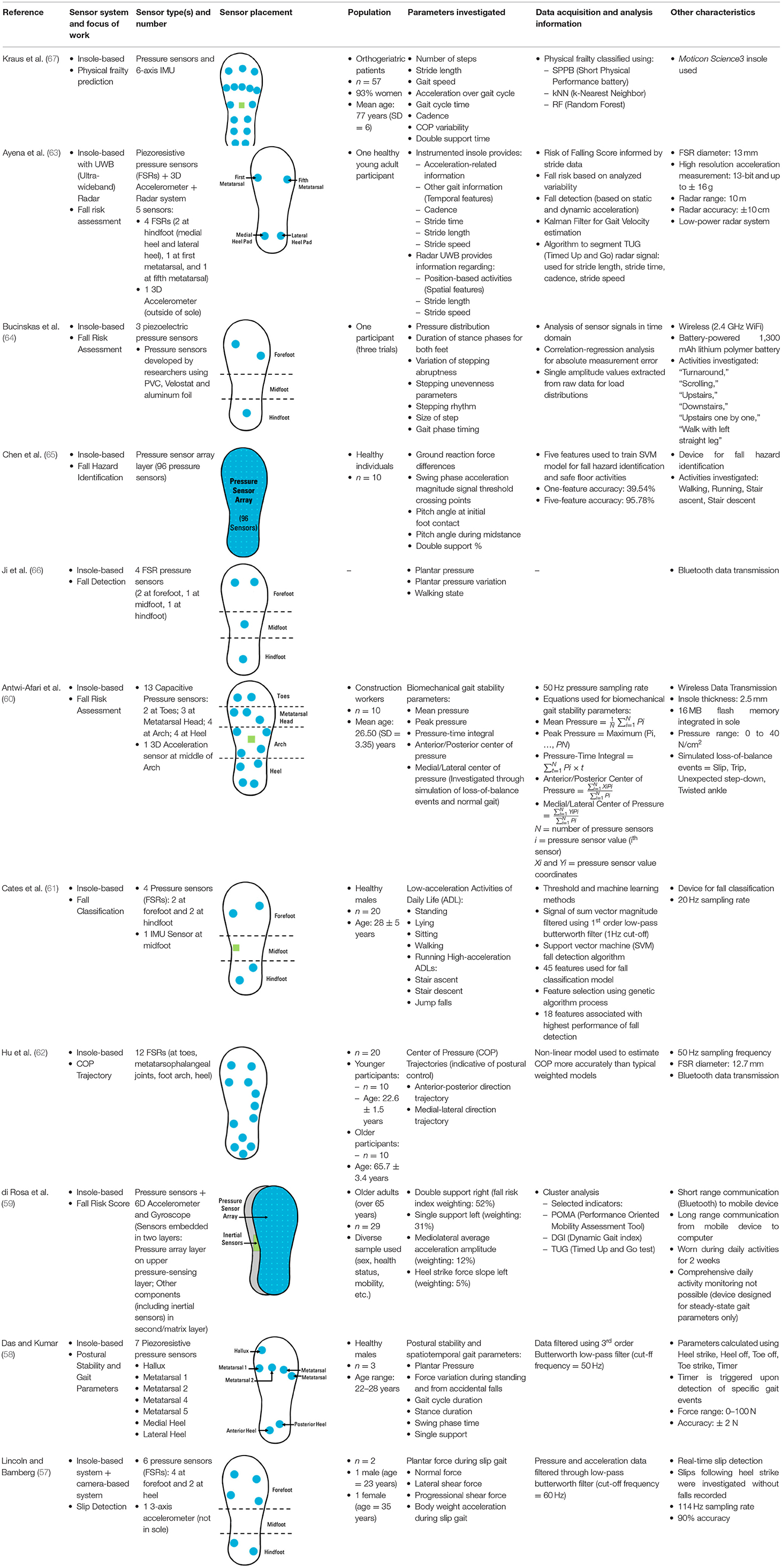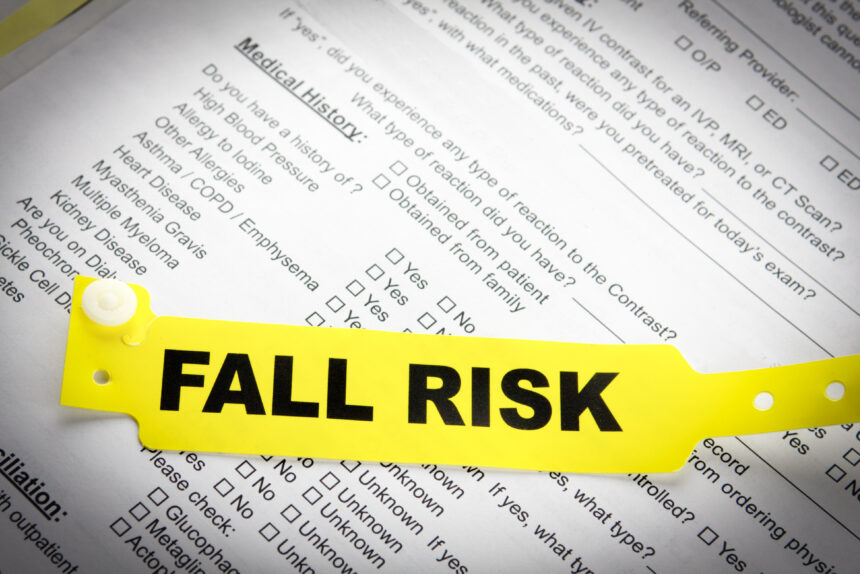Some Known Facts About Dementia Fall Risk.
Some Known Facts About Dementia Fall Risk.
Blog Article
3 Easy Facts About Dementia Fall Risk Explained
Table of Contents10 Simple Techniques For Dementia Fall RiskThe Buzz on Dementia Fall RiskSome Known Details About Dementia Fall Risk Some Known Details About Dementia Fall Risk The Best Guide To Dementia Fall Risk
Evaluating fall risk aids the whole healthcare group develop a much safer setting for every person. Ensure that there is a marked area in your medical charting system where team can document/reference scores and document pertinent notes associated with fall avoidance. The Johns Hopkins Loss Risk Evaluation Tool is one of numerous tools your staff can utilize to aid stop unfavorable medical events.Patient drops in hospitals are common and devastating damaging events that continue despite decades of initiative to lessen them. Improving communication across the examining registered nurse, care group, patient, and client's most entailed family and friends may reinforce autumn avoidance efforts. A group at Brigham and Female's Healthcare facility in Boston, Massachusetts, sought to establish a standard fall prevention program that focused around improved interaction and client and family members involvement.

The technology team highlighted that effective implementation relies on individual and staff buy-in, combination of the program into existing process, and fidelity to program procedures. The team noted that they are facing exactly how to ensure connection in program application throughout periods of dilemma. Throughout the COVID-19 pandemic, for example, a rise in inpatient falls was connected with constraints in individual interaction in addition to restrictions on visitation.
A Biased View of Dementia Fall Risk
These events are generally taken into consideration preventable. To implement the intervention, organizations need the following: Accessibility to Loss suggestions resources Fall TIPS training and re-training for nursing and non-nursing staff, consisting of new registered nurses Nursing workflows that enable person and household involvement to perform the falls analysis, make sure use of the avoidance strategy, and conduct patient-level audits.
The outcomes can be very destructive, typically speeding up individual decrease and triggering longer hospital keeps. One research approximated remains enhanced an extra 12 in-patient days after an individual fall. The Autumn TIPS Program is based on interesting individuals and their family/loved ones throughout three primary processes: assessment, customized preventative treatments, and bookkeeping to make certain that patients are taken part in the three-step autumn avoidance process.
The individual evaluation is based on the Morse Autumn Range, which is a validated loss danger assessment device for in-patient health center setups. The range consists of the 6 most usual reasons clients in health centers fall: the patient autumn background, risky conditions (consisting of polypharmacy), use IVs and other external devices, mental condition, gait, and movement.
Each danger aspect web links with several actionable evidence-based treatments. The nurse develops a strategy that Look At This includes the treatments and shows up to the care team, individual, and family members on a laminated poster or published aesthetic help. Registered nurses develop the strategy while fulfilling with the individual and the person's family members.
Dementia Fall Risk - The Facts
The poster acts as a communication device with other participants of the person's care group. Dementia Fall Risk. The audit element of the program consists of evaluating the patient's understanding of their risk variables and avoidance plan at the unit and medical facility levels. Registered nurse champions conduct at the very least 5 individual interviews a month with people and their families to look for understanding of the autumn avoidance plan

A projected 30% of these drops cause injuries, which can vary in severity. Unlike other official site negative events that call for a standardized scientific action, loss prevention depends extremely on the needs of the individual. Including the input of people that understand the patient finest permits higher modification. This technique has actually proven to be much more effective than fall prevention programs that are based mainly on the manufacturing of a danger score and/or are not personalized.
The Definitive Guide to Dementia Fall Risk

Based upon auditing outcomes, one website had 86% compliance and 2 sites had over 95% compliance. A cost-benefit evaluation of the Loss ideas program in eight health centers approximated that the program expense $0.88 per patient to apply and caused financial savings of $8,500 per 1000 patient-days in straight expenses associated with the prevention of 567 tips over three years and eight months.
According to the development group, companies thinking about executing the program should perform a readiness assessment and drops avoidance voids analysis. 8 In addition, organizations visit the site ought to make certain the needed facilities and operations for implementation and establish an application strategy. If one exists, the company's Fall Prevention Task Pressure must be entailed in preparation.
Some Ideas on Dementia Fall Risk You Need To Know
To start, companies need to make certain conclusion of training components by registered nurses and nursing assistants - Dementia Fall Risk. Health center team must examine, based on the needs of a healthcare facility, whether to utilize an electronic wellness document printout or paper version of the fall prevention strategy. Applying teams must recruit and train nurse champs and develop processes for auditing and reporting on autumn information
Team require to be associated with the process of redesigning the workflow to involve people and family members in the evaluation and prevention strategy process. Systems needs to be in place to make sure that systems can recognize why an autumn occurred and remediate the reason. Much more especially, registered nurses ought to have networks to supply ongoing responses to both personnel and unit management so they can adjust and boost fall avoidance workflows and connect systemic issues.
Report this page